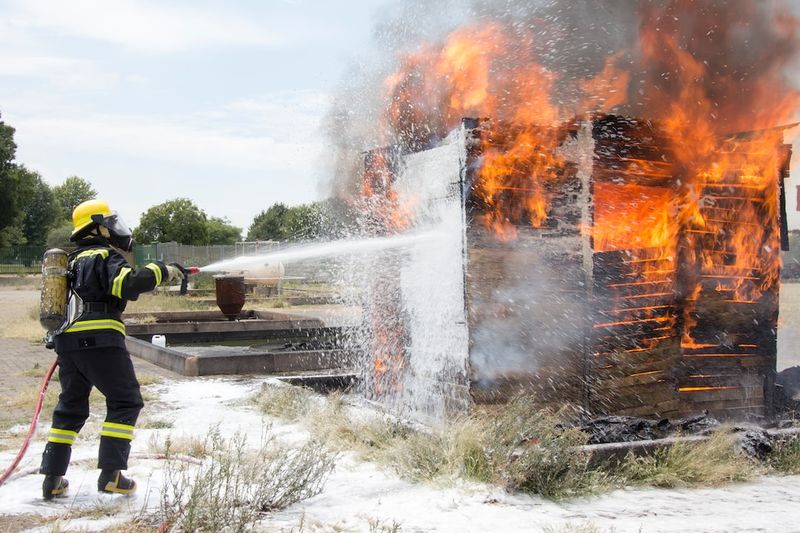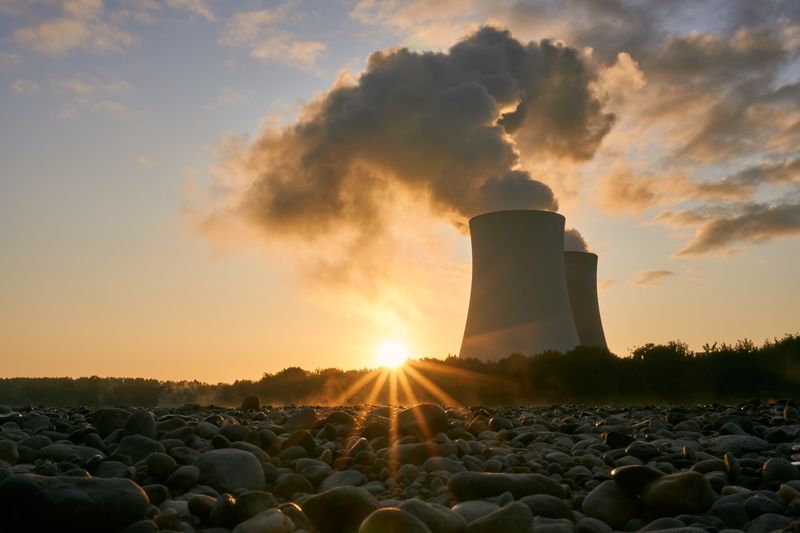Trending News: Vermont Ski Resort Ravaged By Severe Flash Flooding
Introduction
In a shocking turn of events, Southern Vermont has been left reeling from severe flash flooding, causing extensive damage to the popular Okemo Mountain Resort in Ludlow. The region experienced over 4 inches of rain overnight, leading to the overflowing of rivers and flash flooding across the area. This incident serves as a reminder of the vulnerability of even the most idyllic locations to the unpredictable forces of nature. In this report, we will discuss the aftermath of the flooding, the impact on the local community and economy, and the larger philosophical questions it raises.
The Devastating Impact on Okemo Mountain Resort
The video showing floodwaters and debris covering the entrance to Okemo Mountain Resort paints a harrowing picture of the destruction caused by the flash flooding. The resort, which is known for its skiing facilities, has been forced to close its doors for summer operations as the town of Ludlow works to clear the roads. Many access routes to and from the town remain closed, exacerbating the challenges faced by local residents and businesses.
Photos and videos shared on social media platforms have revealed that floodwaters have infiltrated some of the buildings within the resort’s village. The extent of the damage is yet to be fully assessed, as the resort has not released any specific details. However, these glimpses into the flooded interiors serve as a stark reminder of the power of nature and the devastating consequences it can have on human infrastructure.
The Repercussions for the Local Community and Economy
The flash flooding in Vermont has not only impacted the Okemo Mountain Resort but also the wider Southern Vermont community. With roads closed and transportation hampered, residents are grappling with the aftermath of the deluge. The rebuilding and recovery process is expected to be a lengthy and arduous journey, with both physical and emotional implications.
Furthermore, the closure of the resort, even in its off-season, brings economic hardships for the local businesses that rely on the tourism generated by Okemo Mountain Resort. From hotels to restaurants to ski rental shops, the livelihoods of many individuals are at stake. The sudden disruption caused by the flash flooding calls into question the long-term sustainability of such businesses in the face of increasingly unpredictable weather patterns.
Philosophical Reflections on Nature’s Power
The severe flash flooding in Vermont raises philosophical questions about humanity’s relationship with the environment and our propensity to underestimate the power of nature. As humans, we often view ourselves as the masters of our environment, reshaping and manipulating nature to suit our needs. However, events like these serve as stark reminders of our vulnerability and the limits of our control.
Such natural disasters compel us to reevaluate our relationship with the natural world. Are we preserving the delicate balance between human development and environmental stability? Should we be more mindful of our actions and their potential consequences? These questions urge us to reflect on the need for sustainable development practices and responsible stewardship of the Earth.
Editorial: Building Resilience in the Face of Natural Disasters
The devastating flash flooding in Vermont highlights the urgency for communities and governments to prioritize resilience in the face of climate change. As extreme weather events become more frequent and severe, it is crucial to invest in infrastructure and policies that can withstand these challenges. This includes improved drainage systems, flood mitigation measures, and effective disaster preparedness plans.
At the individual level, it is essential for residents and businesses to heed the warnings and take appropriate measures to protect themselves and their properties. Communities should foster a culture of preparedness, with early warning systems and evacuation plans in place. Additionally, insurance companies and financial institutions must play their part by offering comprehensive coverage and support to those affected by natural disasters.
Conclusion
The severe flash flooding in Southern Vermont, particularly its impact on Okemo Mountain Resort, serves as a somber reminder of the destructive power of nature. Beyond the immediate concerns of rebuilding and recovering, this event prompts larger philosophical discussions about our role in preserving the environment and building resilience in the face of climate change.
Ultimately, it is imperative that communities, governments, and individuals work together to address the challenges posed by extreme weather events. By fostering a culture of preparedness, investing in infrastructure, and prioritizing sustainable development practices, we can mitigate the impact of such disasters and build a more resilient future for ourselves and the generations to come.

<< photo by Kelly Sikkema >>
The image is for illustrative purposes only and does not depict the actual situation.
You might want to read !
- Extreme Weather Strikes Houston: Massive Storm Causes Widespread Power Outages
- The Safety of Cruise Ships in Extreme Weather Conditions: Carnival Ship Hit by Waves.
- “Unpredictable Climate Conditions Pose a Threat to Formula 1 Events: Emilia-Romagna Grand Prix Cancelled Due to Devastating Floods in Italy”
- Investigating the Causes and Consequences of the Long Beach Airport Hangar Plane Crash
- The Evolution of Andrea Evans: From Soap Opera Icon to Hollywood Success
- Deconstructing the Aftermath: Analyzing the Devastation of a Landslide in Rolling Hills Estates
- Hollywood’s Hottest Duo Lights Up the ‘Barbie’ Movie Premiere in L.A.
- Exploring the Cultural Phenomenon of Barbie: A Fashionably Pink Premiere in LA
- Transgender Representation Takes Center Stage as Miss Netherlands Crowns First Trans Woman




